Research Methods in Social Sciences: Qualitative and Content Analysis
VerifiedAdded on 2023/06/03
|5
|793
|171
Essay
AI Summary
This essay provides a comparative analysis of two prominent research methods: qualitative research and content analysis. It begins by defining qualitative research as a method that explores human experiences and perspectives, often utilizing phenomenological studies to understand individual responses to specific situations. The essay contrasts this with content analysis, which focuses on the systematic examination of communication artifacts such as text, images, and videos to identify patterns and meanings. The essay highlights the different approaches each method takes, with qualitative research starting from a grounded theory and content analysis collecting data from various sources, including social media and mobile devices. The conclusion emphasizes the benefits of both methods for understanding complex issues in fields like political science, social work, and communication, underscoring their value in different research contexts.
1 out of 5
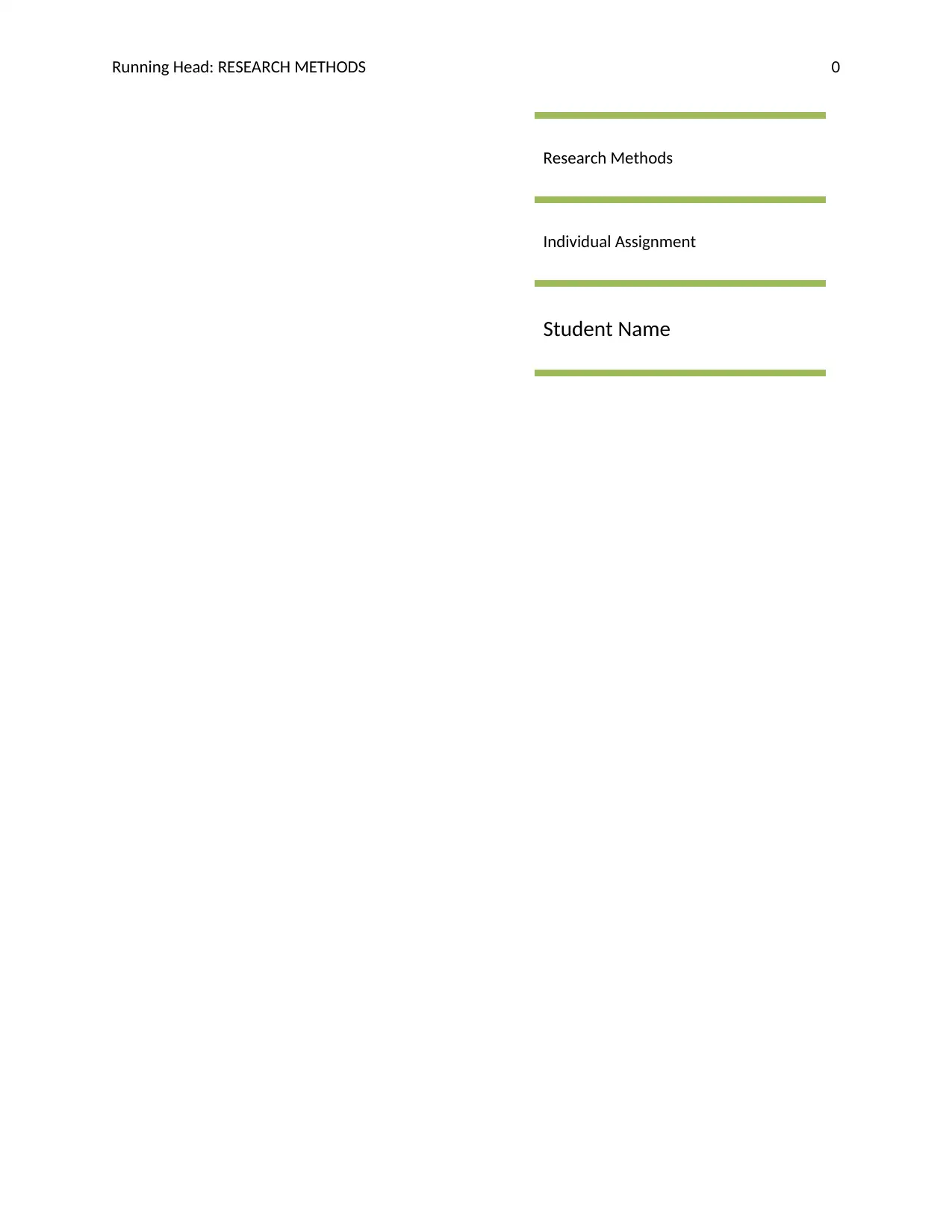
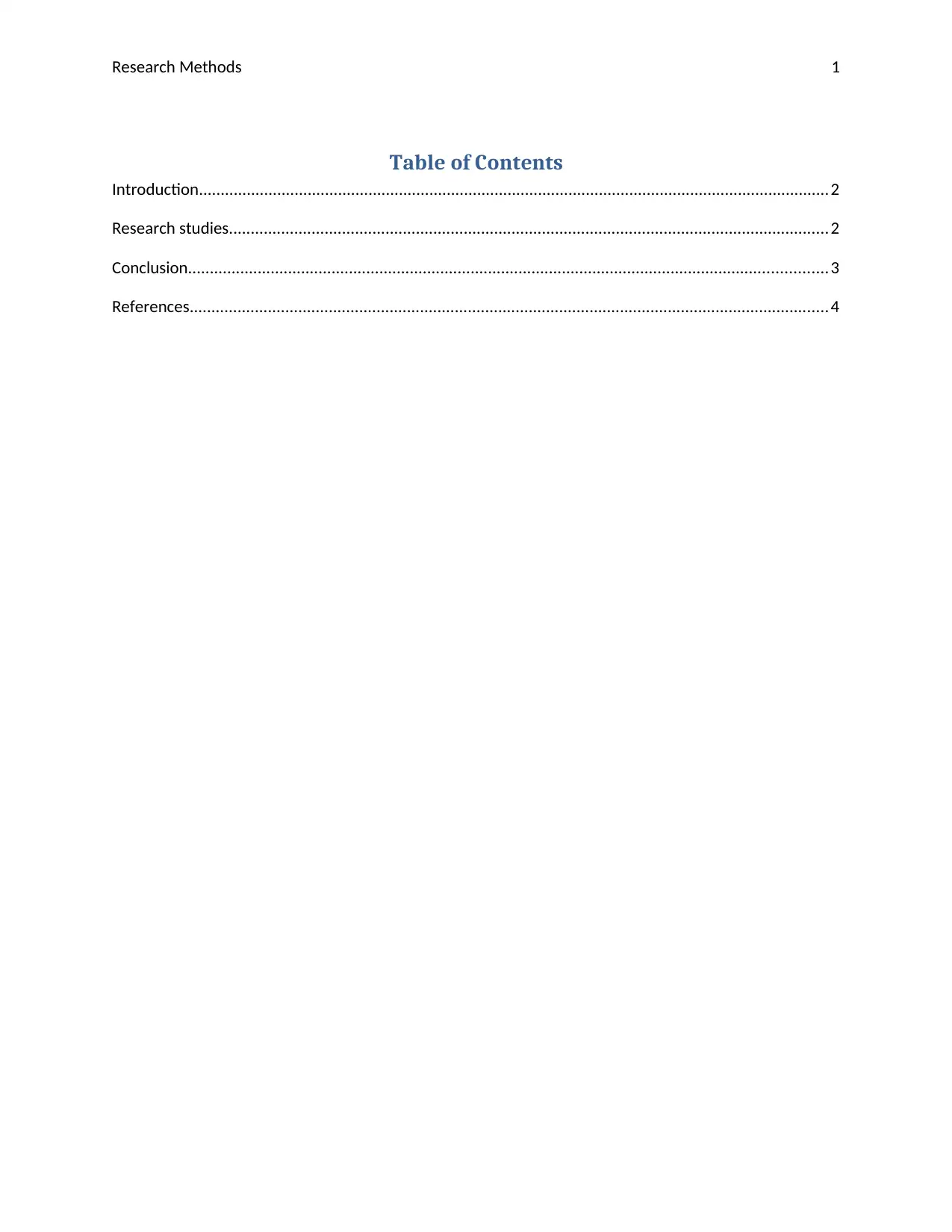
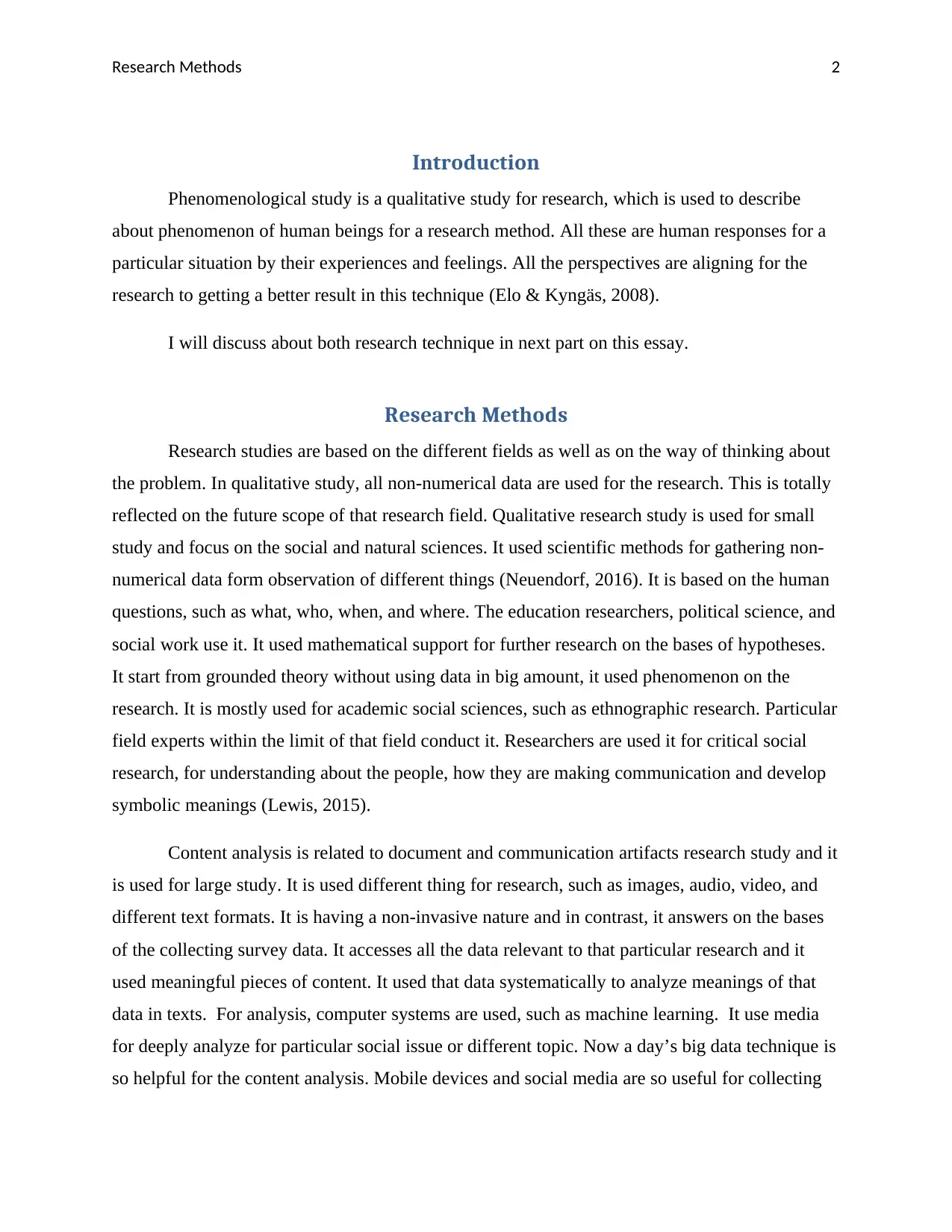

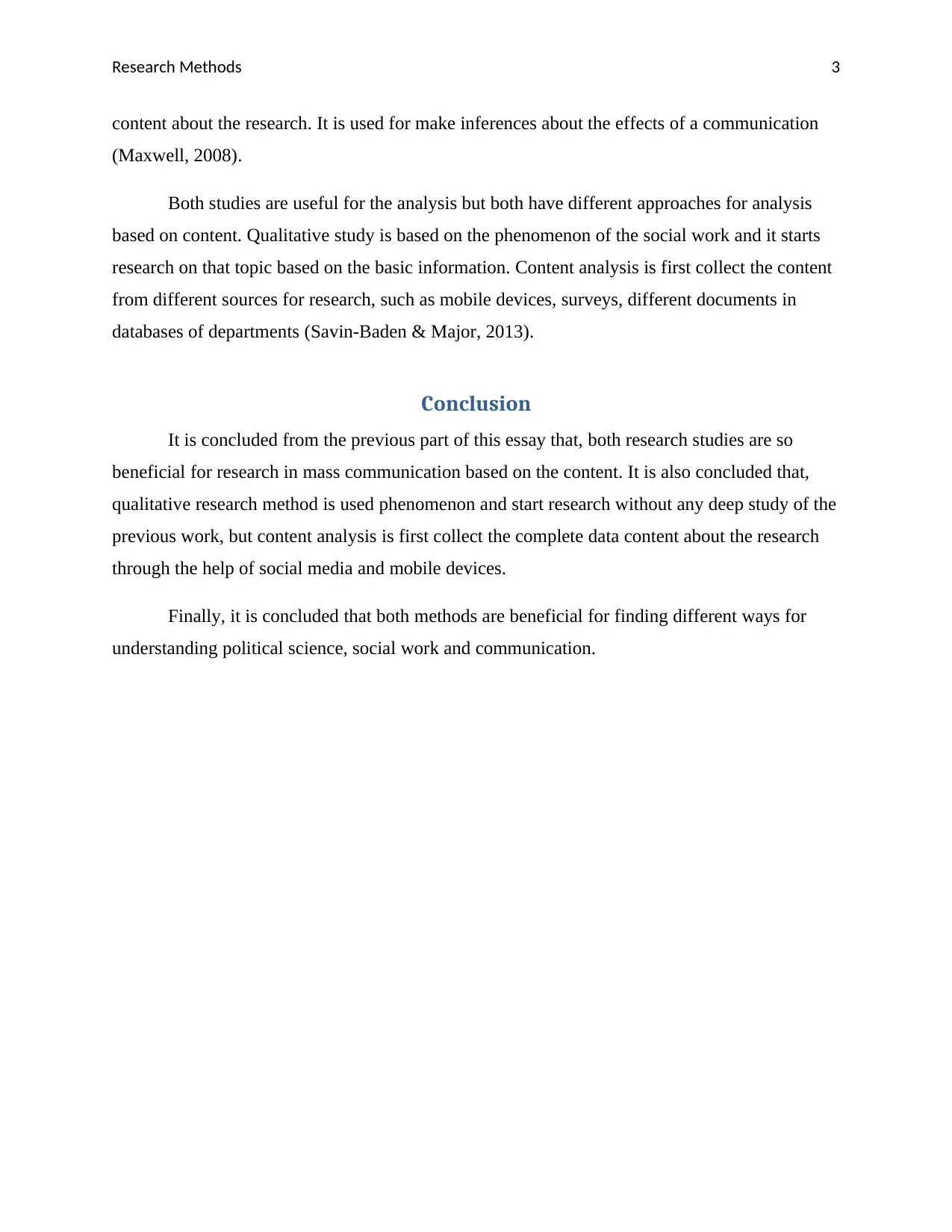
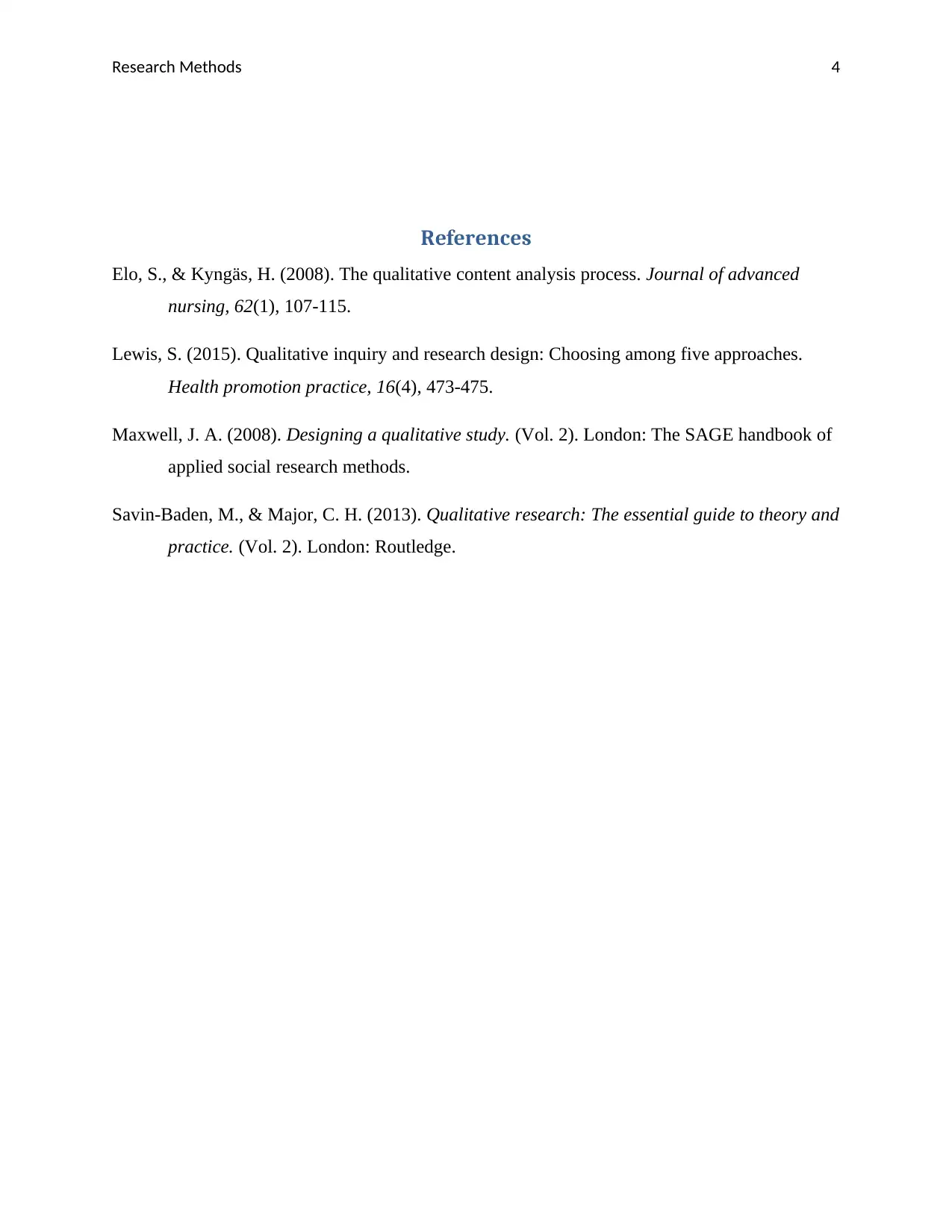





![[object Object]](/_next/static/media/star-bottom.7253800d.svg)